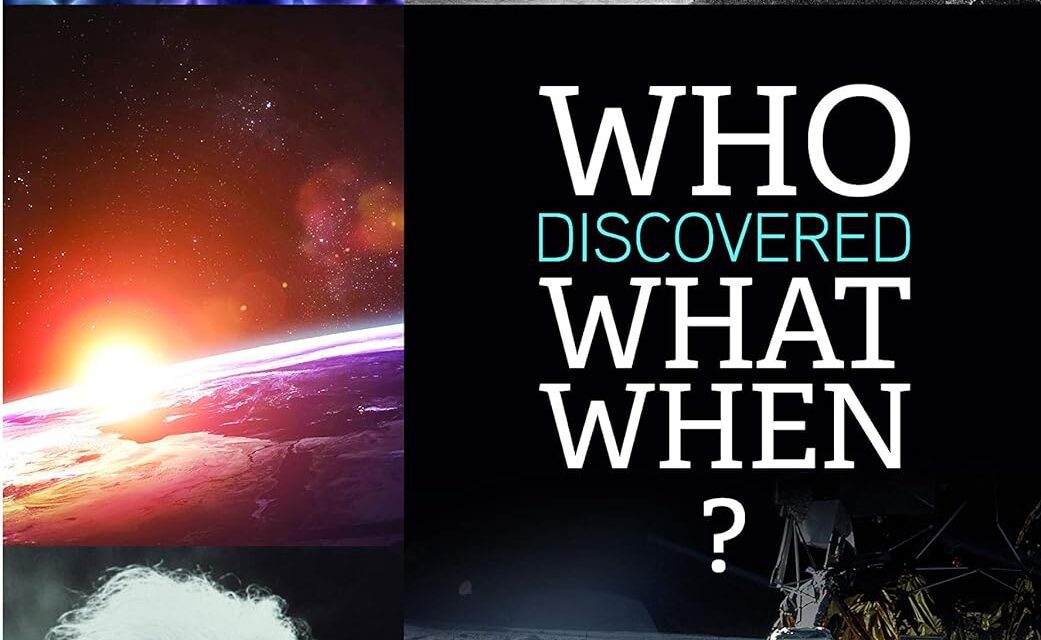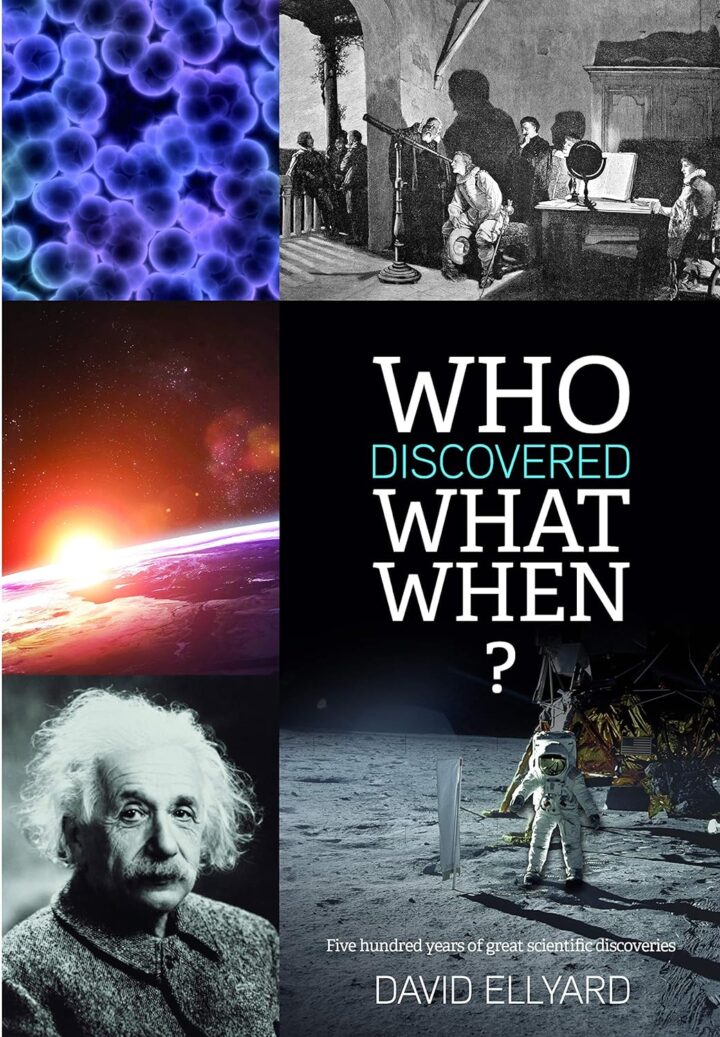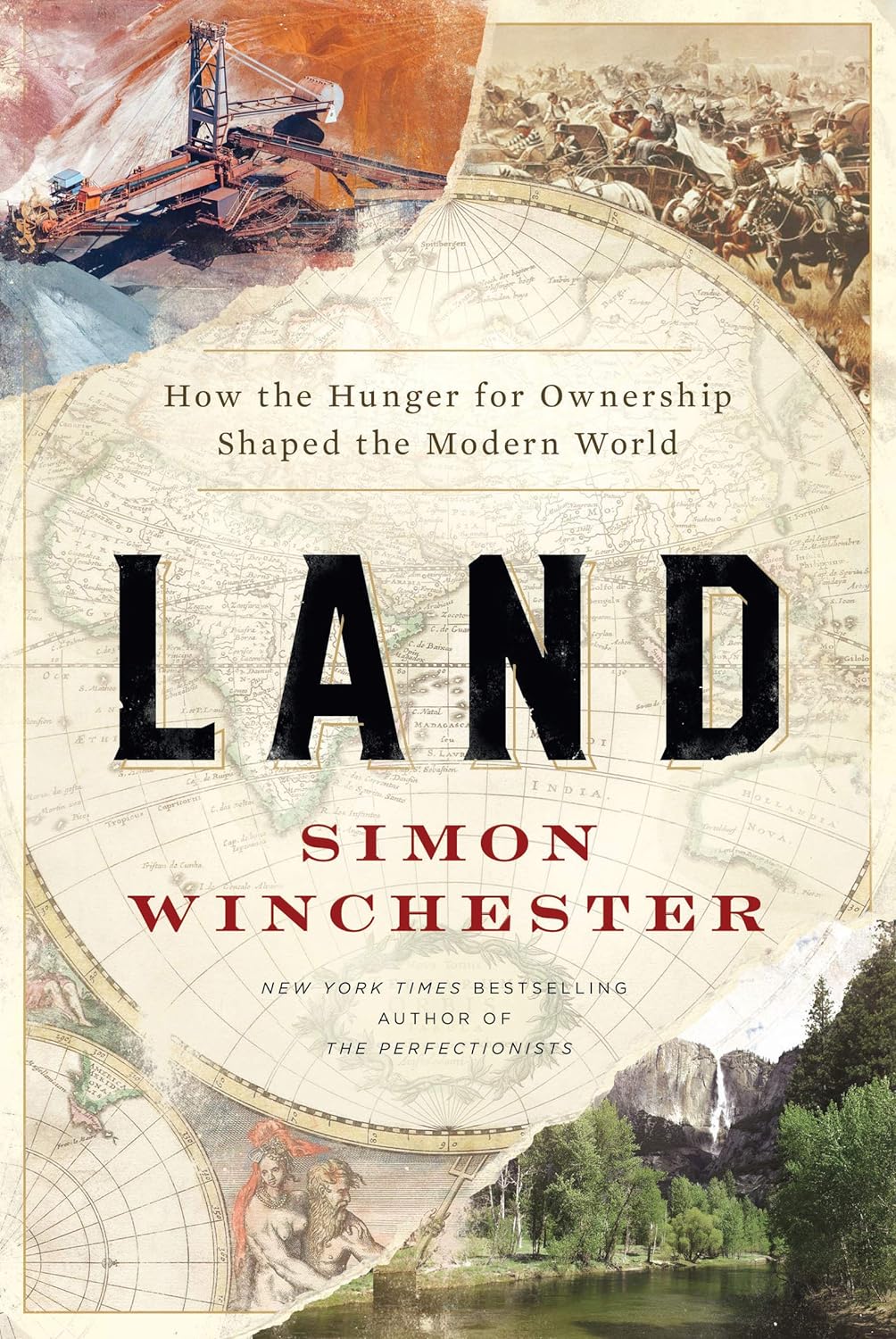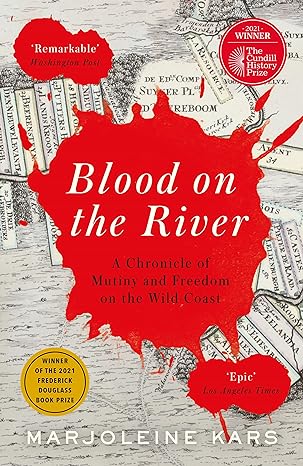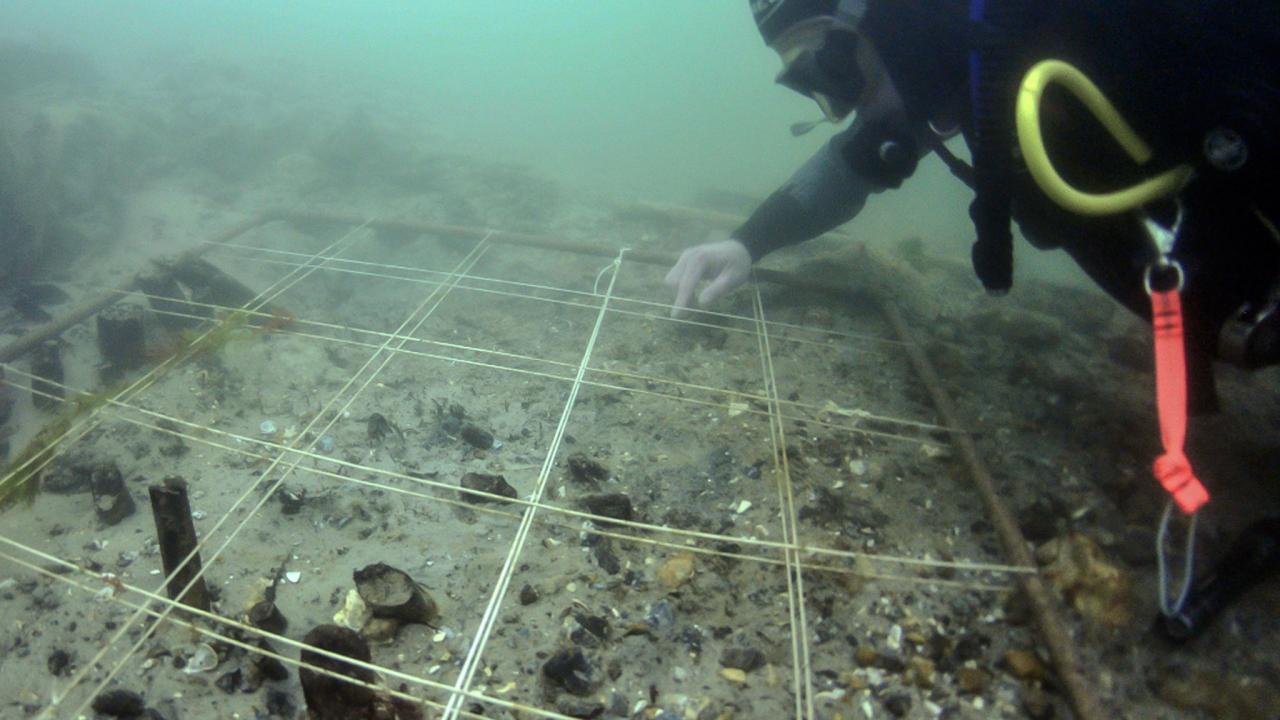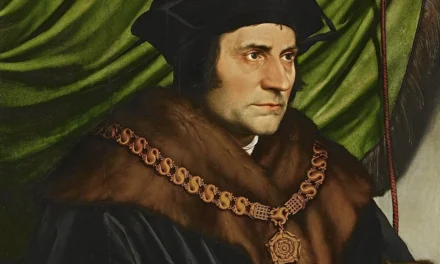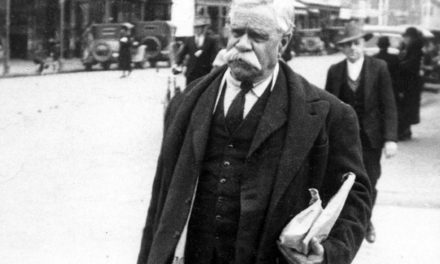Who Discovered What When? Five hundred years of great scientific discoveries, by David Ellyard
Who Discovered What When? is an absorbing and easy-to-read book about the growth of scientific ideas and knowledge since 1500. From Galileo, Newton and Darwin to Ernest Rutherford, Neils Bohr and Linus Pauling, it presents the scientists who have hypothesised, experimented and revealed the physical working of our world. It spans disciplines as broad as astronomy, palaeontology, chemistry, mathematics, geology, physics, biology and medicine.
The book also sets scientific ideas in the context of the world stage at the time, sketching out what was happening in politics, the arts, exploration and technology.
Each chapter covers half a century and include 200–300 word stories which are arranged chronologically. Each of the 400 plus stories are largely self-contained and cross references will guide the reader to earlier or later developments that complete each story.
Reading Who Discovered What When? from cover to cover, science buffs, budding historians and even the most casual fan will find an unfolding multitude of stories of scientific endeavour and discovery.
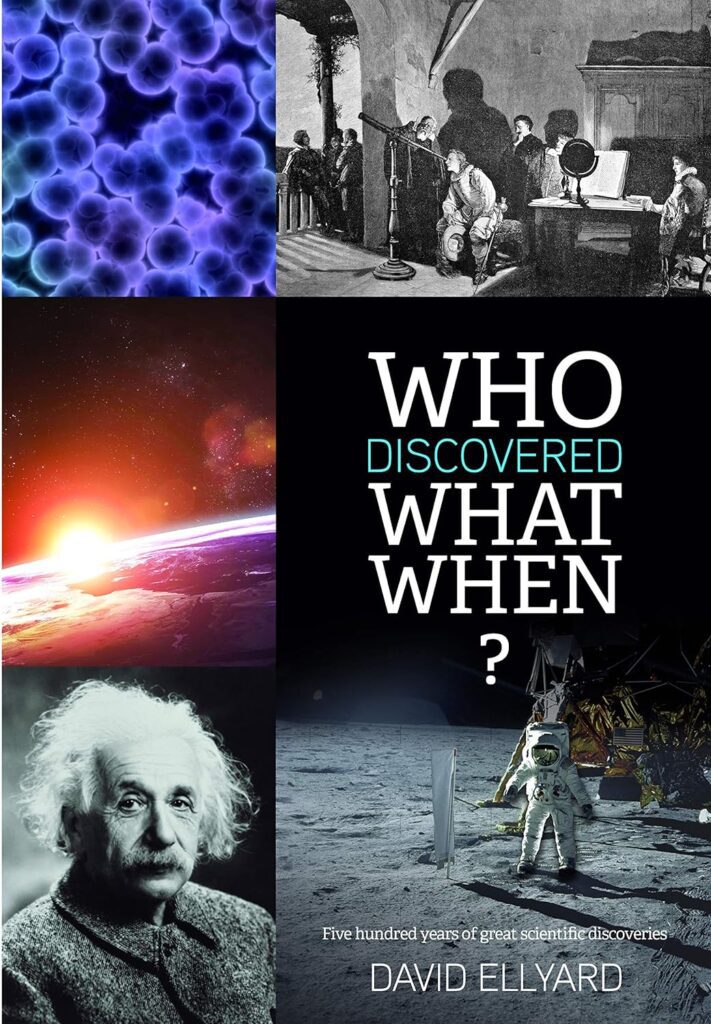
An Award-Winning Work
In 2004, David Ellyard won the Eureka Prize (Reed New Holland Eureka Science Book Prize) for Who Discovered What When?:
For a manuscript that provides an absorbing, easy paced insight into the big discoveries and ideas in science as they have developed over the last 500 years, and into the times and the people that created them.
Eureka Prize Awards
About the Author
David Ellyard has been closely involved with science all his working life. He has been a researcher, teacher and government policy advisor, and for more than 30 years a science communicate, working in radio television and print. He was also President of the Australian Science Communicators. His previous publications include books on weather and astronomy, and a prize-winning biography of the controversial Australian physicist and public figure Sir Mark Oliphant. Who Discovered What When? combines his love of history with his deep concern for the human and social impacts of new ideas and inventions.
New Holland Publishers
Who Discovered What When? – Book
By David Ellyard Who Discovered What When? is an absorbing and easy-toread book about the growth of scientific ideas and knowledge since 1500. From Galileo, Newton and Darwin to Ernest Rutherford, Neils Bohr and Linus Pauling, it presents the scientists who have hypothesised, experimented and revealed the physical working of our world. It spans disciplines as broad as astronomy, palaeontology, chemistry,…
Only 5 left in stock
Articles you may also like
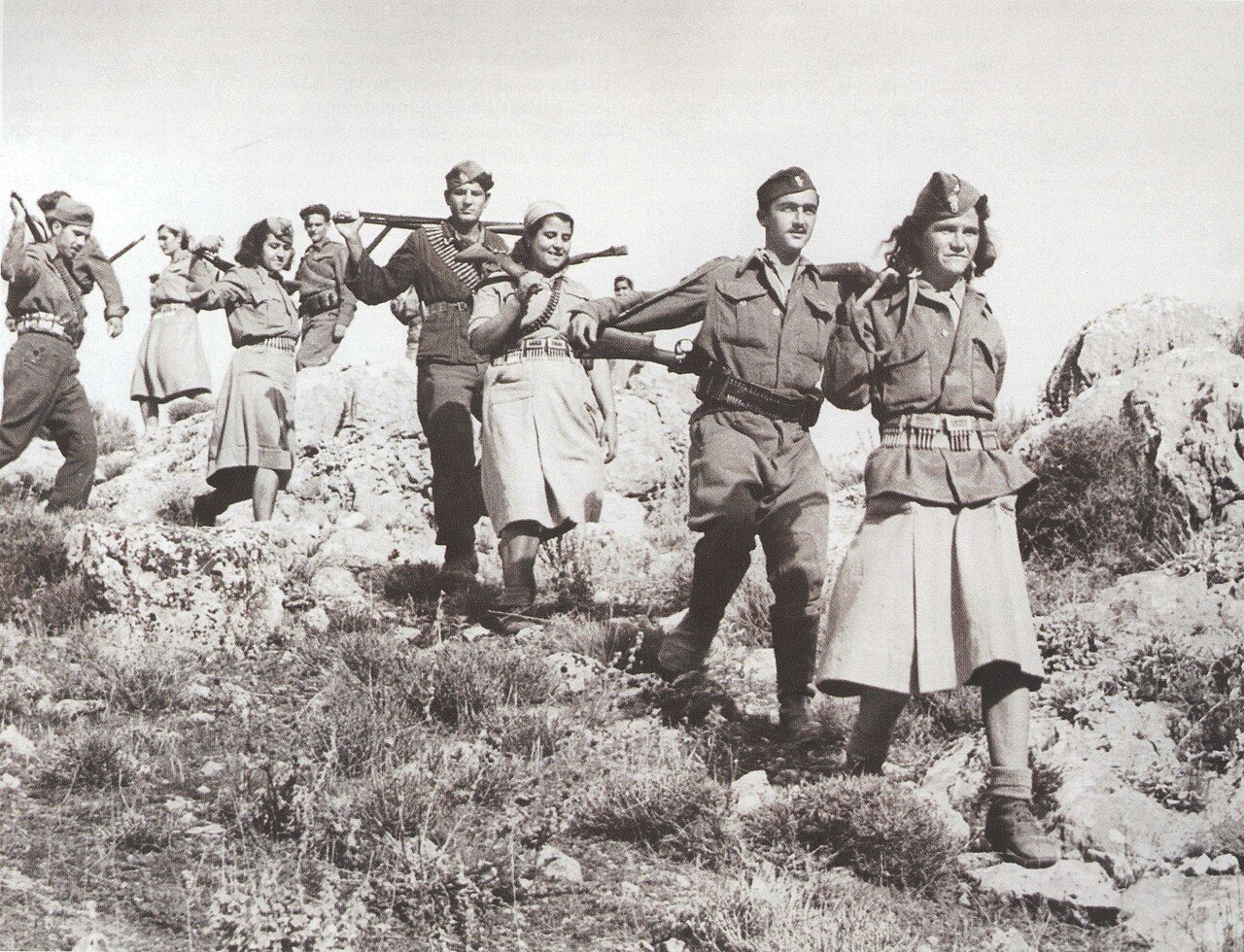
Fear Was Not in My Dictionary: The Revolutionary Work of Sara Fortis
Reading time: 6 minutes
When the small Greek town of Kuturla burned in 1943, teenage Sara Fortis had been on the run from German occupying forces for two years already. From the raw age of fourteen, she had hidden her Jewish status and worked for underground resistance movements as a nurse and teacher. But when her sanctuary burned, when she was separated from her mother, Fortis was no longer willing to hide. She was no longer willing to limit her resistance to ‘women’s work.’
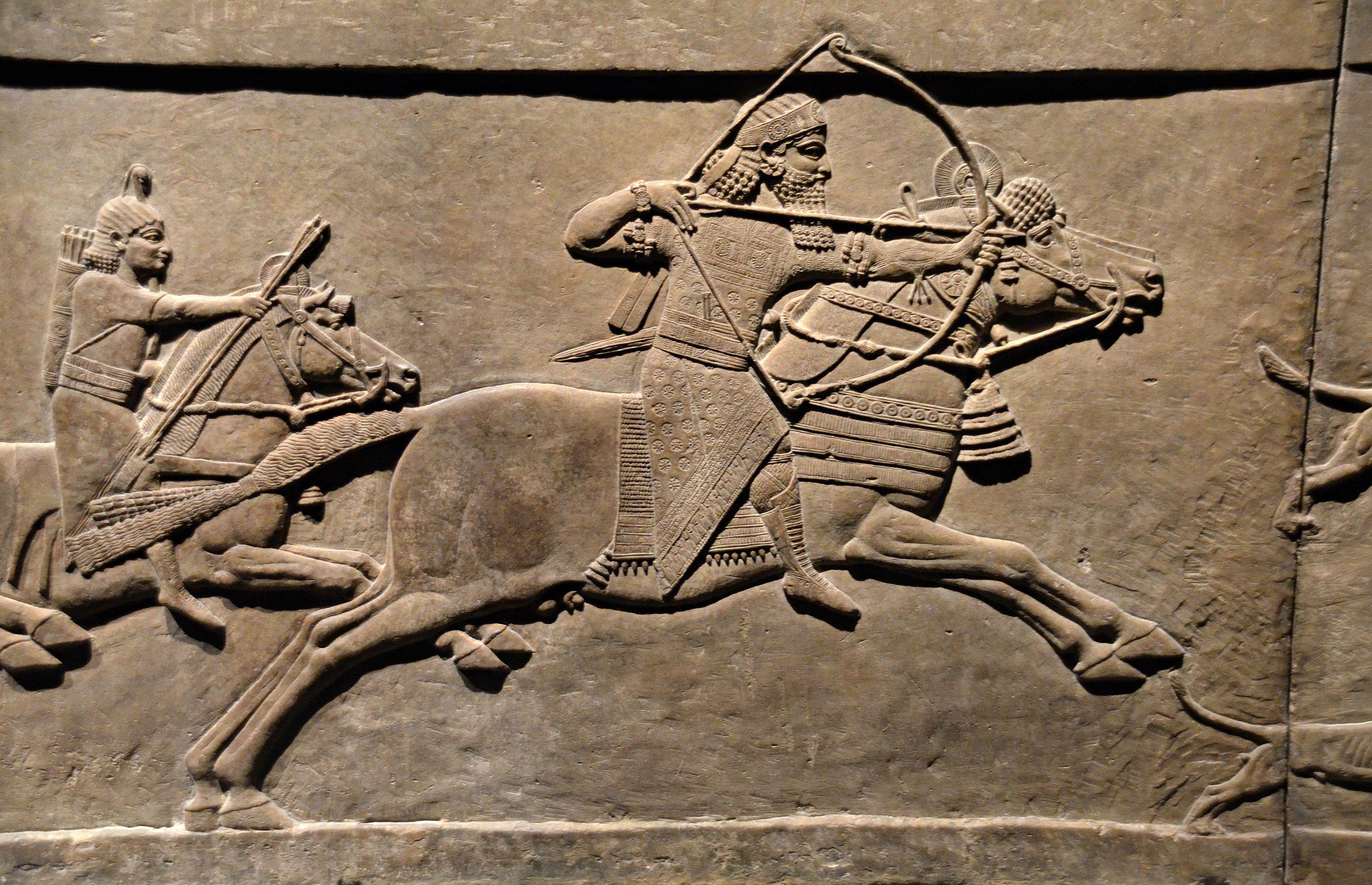
The horse bit and bridle kicked off ancient empires – a new giant dataset tracks the societal factors that drove military technology
Reading time: 7 minutes
Starting around 3,000 years ago, a wave of innovation began to sweep through human societies around the globe. For the next millennium the continued emergence of new technologies had a dramatic effect on the course of human history.
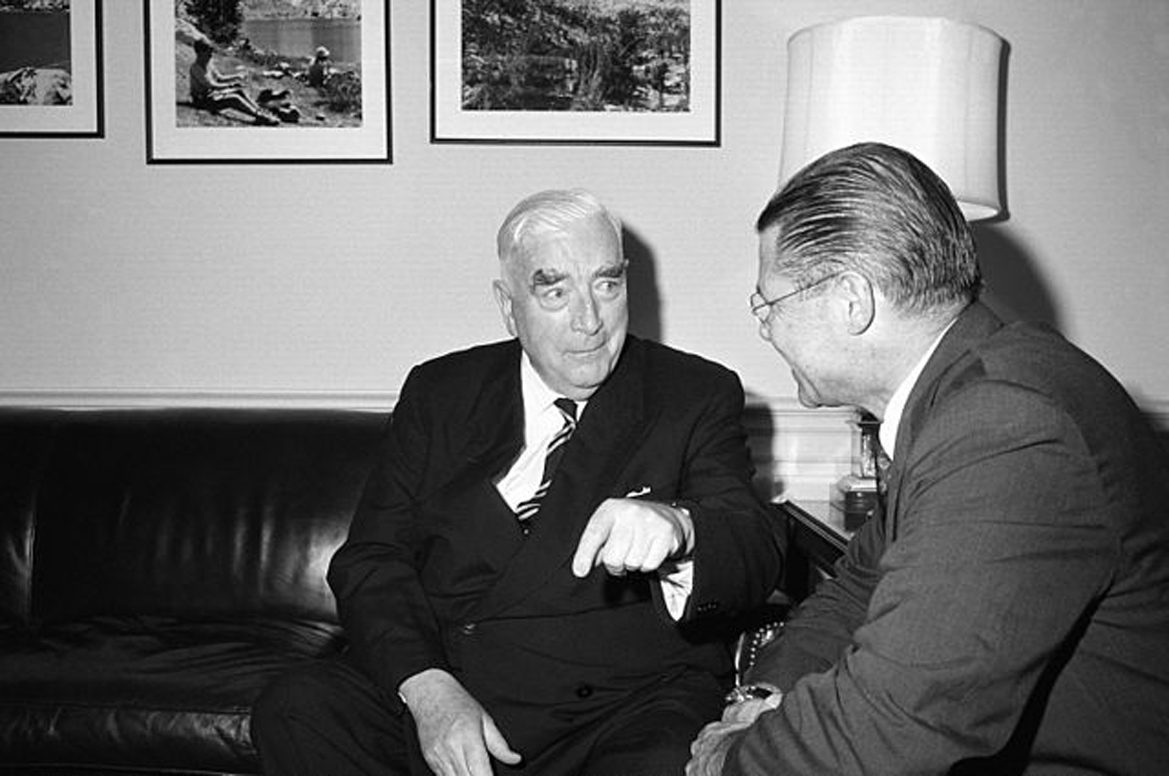
What Vietnam and Iraq should teach Canberra
Reading time: 7 minutes
If we learn more from losses than wins, then the Canberra system has much to gain from examining its lousy performance in the processes that took Australia to war in Vietnam and Iraq. For Australia, both wars were all about the alliance with the United States. Both were wars of choice, although the regional implications Canberra read into Vietnam meant it was closer to a war of necessity than Iraq.
Both wars exemplify the Prime Minister’s most profound prerogative and Parliament’s lack of power. The entry to both showed the Canberra system performing below its best, revealing again the truth that artifice and farce often attend the most serious of moments of government.

